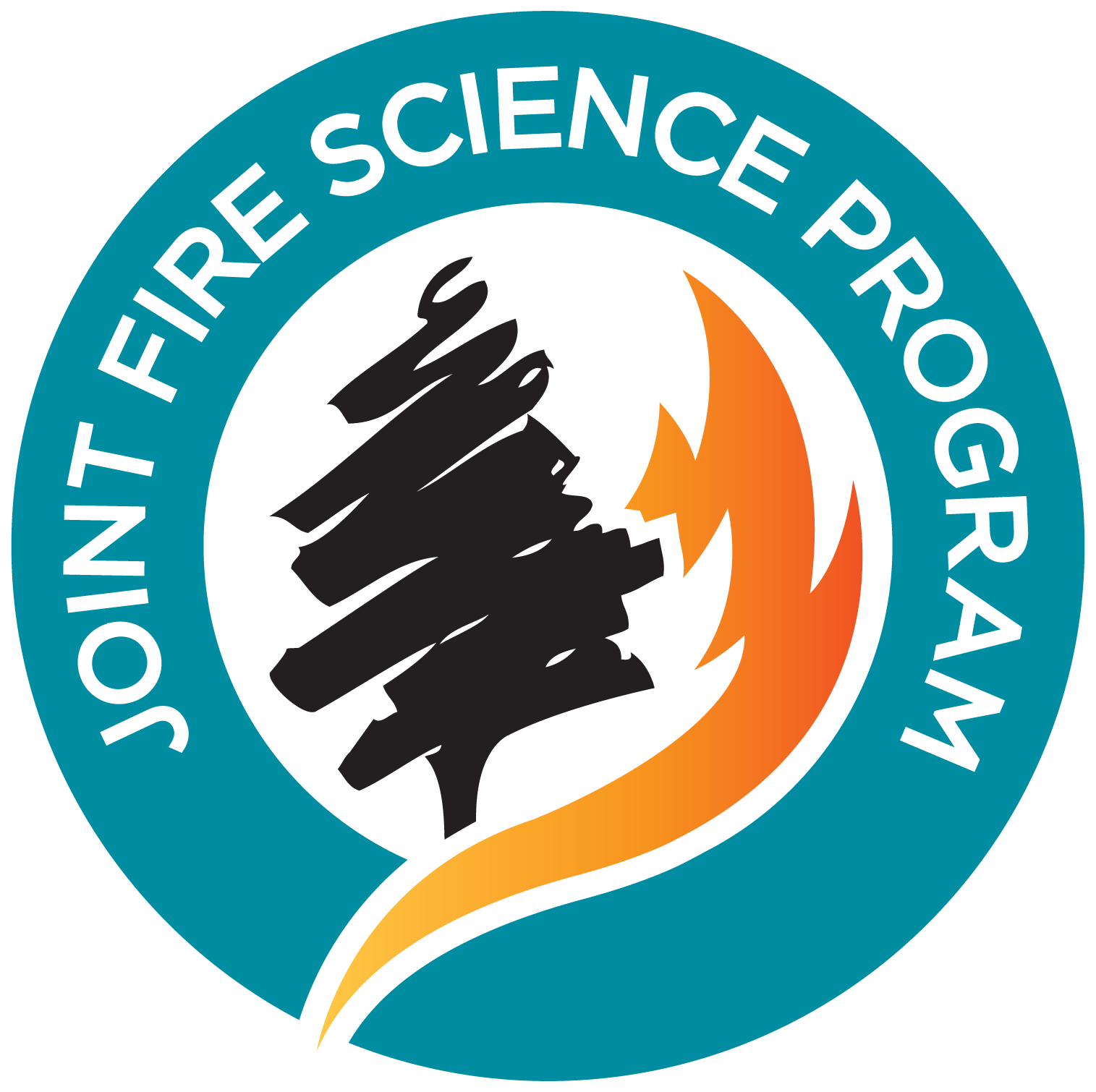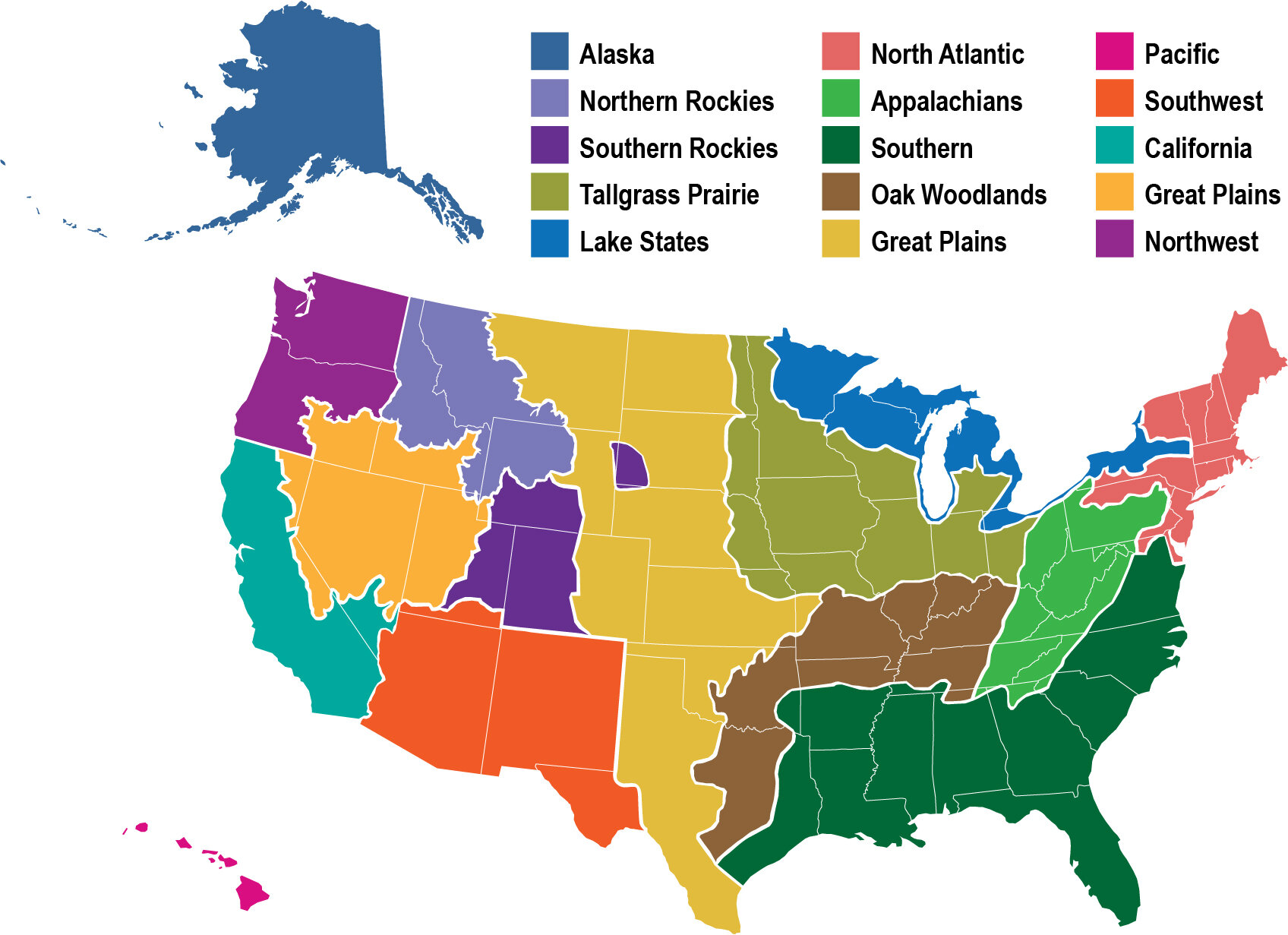Airborne Lidar for Forest Ecology and Management
Presentation slides
View PDF>
A lecture by
Dr. Van Kane
School of Environmental and Forest Sciences, University of Washington
Part of the
2015 FERAL* Lecture Series
Sponsored by the California Fire Science Consortium &
US Forest Service Pacific Southwest Region Ecology Program
Date and time: Dec 15, 2015; 4:00-5:00
Location: Room 3001, Plant and Environmental Sciences (PES) Building,
University of California-Davis
Abstract: Airborne lidar data is now available for millions of hectares of forests in the United States and hundreds of thousands of hectares in California. Methods to map inventory or biomass with lidar data are well advanced, but what about methods to measure and study different forest structures for ecological studies and management assessments and monitoring? In our work, we have found that lidar has allowed us to study forest structure with unprecedented fidelity over hundreds of thousands of hectares. In this seminar, I’ll share our methods, provide examples from our work studying forests and fires, monitoring forests following ecological thinning, and studying habitat for California spotted owls and Pacific fishers. The goal will be to allow you to assess whether and how lidar may enhance your studies with a focus on the strengths and weaknesses of this tools for ecology and management.
Bio: Van R. Kane, PhD, at the University of Washington has been using LiDAR data to study a diverse range of forests for nearly a decade. His work includes assisting managers to plan forest restorations, study the effects of fire on forests, measuring fuels, mapping forest biomass, and developing methods to study forests with LiDAR data. He earned his PhD with Dr. Jerry Franklin by using lidar to study patterns of forest structural development. He works closely with lidar researchers at the Forest Service’s Pacific Northwest Research Station to apply lidar to new types of studies, and with Dr. Derek Churchill (UW) to use lidar for ecologically-based forest restorations.



